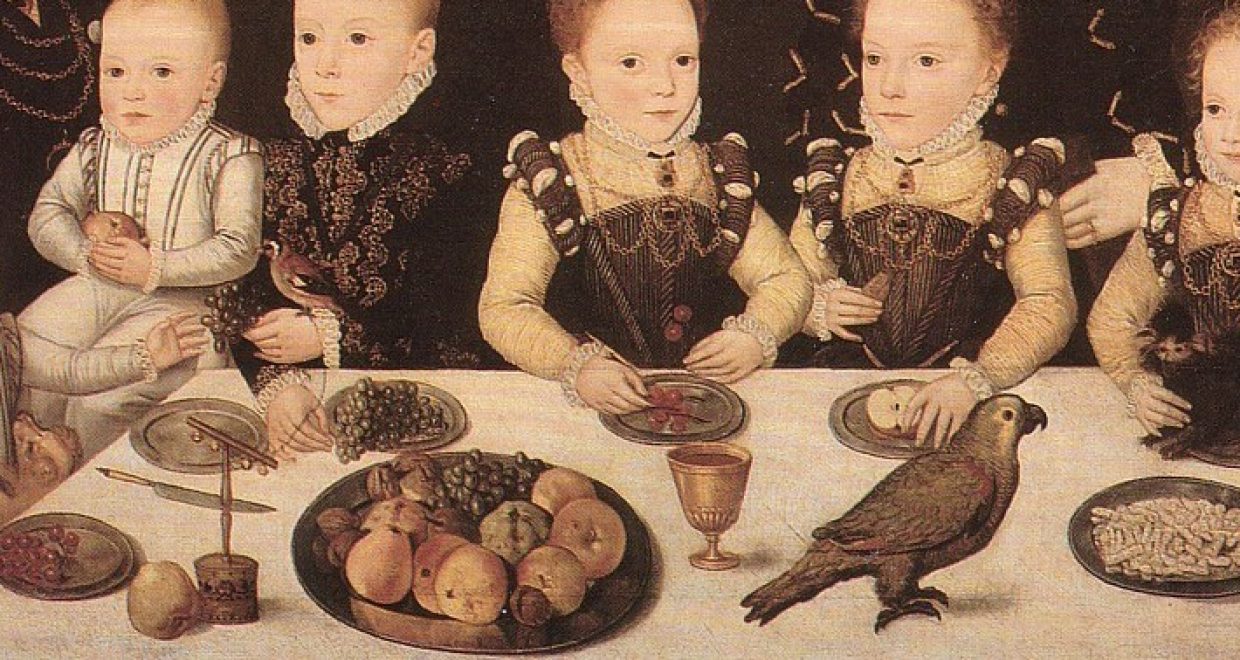Reforming Food and Eating in Protestant England, c. 1560 – c. 1640
This blog accompanies Eleanor Barnett’s Historical Journal article Reforming Food and Eating in Protestant England, C. 1560–C. 1640
Most of us are familiar with the old adage ‘you are what you eat’, reflecting as it does both a nutritional truth and the close relationship between food and personal identity. Although the phrase came into our vocabulary much later, it was no truer than in the early modern period, when physicians and theologians alike conceived of a partly-embodied soul that was affected by physiological processes like the consumption and digestion of food. In the age of the Reformations, eating, the most basic of human behaviours, was intently tied to another pervasive anthropological feature: religion.
In my article, I bring together theological tracts with those concerning diet (dietaries and regimens) to illuminate a printed discourse in which English Protestants sought to define a new relationship to everyday food and eating in light of the Reformation. Could food become holy through blessings? Did what you eat affect salvation? What happened to the body and soul if you ate too much? Questions about food, and in particular how it connected the consumer to the spiritual realm, were of central importance to the religious debates of the Reformations. In attempting to answer these questions, Protestant reformers used food as a means of distinguishing themselves from Catholics.
In line with the polemic of the Reformation period, we tend to think of Protestant piety as removed from the material world, concerned principally with intellectual and spiritual pursuits. One effect of a focus on food is to note instead the reformed faith’s inescapable tie to the body and to matter. In this regard, my article speaks to the bourgeoning field of food studies, but also to the most recent concerns of historians of the Reformations, who are increasingly interested in the embodied experiences that made up what it meant to be a Protestant day-by-day. As such work has attested, sights, smells, and tastes were all a part of the lived religion of Protestantism. In the article, I argue that eating continued to be a spiritually rewarding exercise for Protestants, but in a way quite distinct to Catholicism. This has implications for our understanding of how English Protestants understood and experienced their faith: around the dining table, in the fields and at the market, as well as in the church. Above all, the Protestant discourse on food and eating emerges as a rewarding and novel way through which to view the confessional divisions and the religious change of the Reformation period.
Read the article in full here.
Main image: William Brooke, 10th Baron Cobham (1527-1597) was Lord Warden of the Cinque Ports, and a Member of Parliament for Hythe. Credit: Unidentified painter [Public domain]






